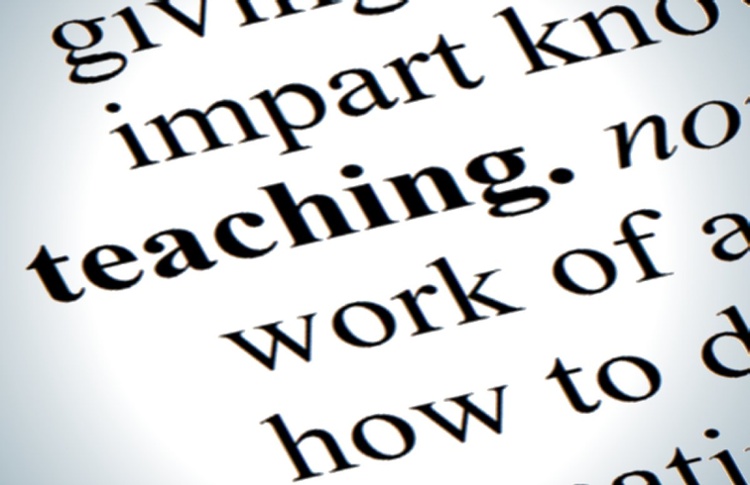
Everyone seems to have an opinion about what makes a teacher great. According to students, the best teachers should engage their learners while being caring and dedicated.
Administrators look for student growth and implementation of professional practices. Parents want accessible teachers who recognize and develop each child’s cognitive talents.
It is a complex question with many answers because every teacher is different and has her/his own strengths. Among the excellent teachers I have worked with, one quality stands out – a willingness to try new things to improve. I have heard countless great teachers say, “If this will benefit the kids, I’ll try it.” In addition to being responsible for their students’ learning, they take responsibility for their own learning too.
Classroom differences between effective and less effective teachers also vary. One study examined this difference by exploring the practices of effective versus underperforming teachers (Stronge, Ward, Grant, 2011) and focused on identifying teachers who were successful “in the product of teaching, namely, student achievement.” The results indicated that “top-quartile teachers had fewer classroom disruptions, better classroom management skills, and better relationships with their students than did bottom-quartile teachers.”
Listed below are some of the effective teaching practices measured in the study. These components can serve as a checklist for assessing your own teaching practices and/or professional development.
Instructional Delivery
Effective teachers. . .
- Differentiate: Use many instructional strategies such as individualized and hands-on learning.
- Have high expectations: Communicate high expectations to all students.
- Use technology: Provide access to technology and use it to encourage higher-level thinking.
- Deliver clarity and complexity: Provide clear directions and focus on conceptualization of knowledge rather than isolated facts.
Student Assessment
Effective teachers. . .
- Give Feedback: Offer feedback, check for understanding throughout the lesson, and adjust instruction based on feedback.
Learning Environment
Effective teachers . . .
- Embrace productive learning: Encourage students to take ownership of their learning.
- Create a positive climate: Nurture a positive climate with clear expectations. Consider students' academic, social, and personal needs.
Personal Qualities
Effective teachers. . .
- Have affective skills: Convey that they care about their students and establish connections with students.
- Reflect: Are reflective practitioners dedicated to both students and their professional practice.
How did you measure up against some of these research findings? No teacher is perfect, as we all know; the only perfection we can hope to find is in our constant efforts to get better at our craft.
